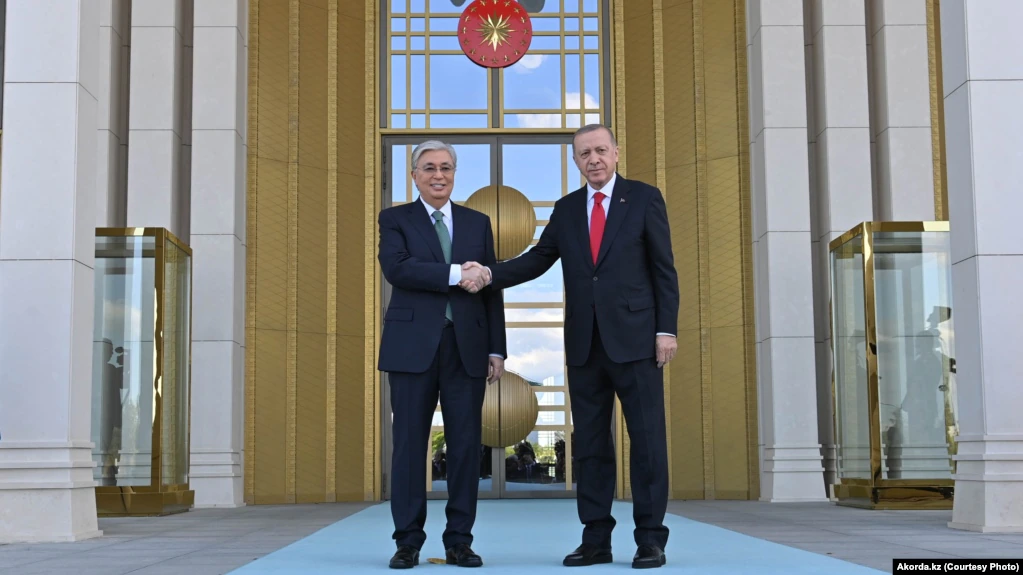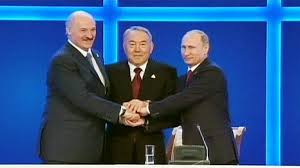 Kazakhstan sent its currency lower last week after businesses complained that Russian companies had flooded domestic markets with cheaper goods. In Belarus, the Eurasian Economic Union’s last founding member, the nation’s trade deficit with Russia widened by a quarter last year.
Kazakhstan sent its currency lower last week after businesses complained that Russian companies had flooded domestic markets with cheaper goods. In Belarus, the Eurasian Economic Union’s last founding member, the nation’s trade deficit with Russia widened by a quarter last year.


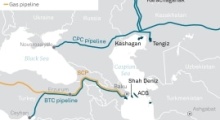


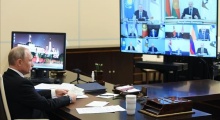

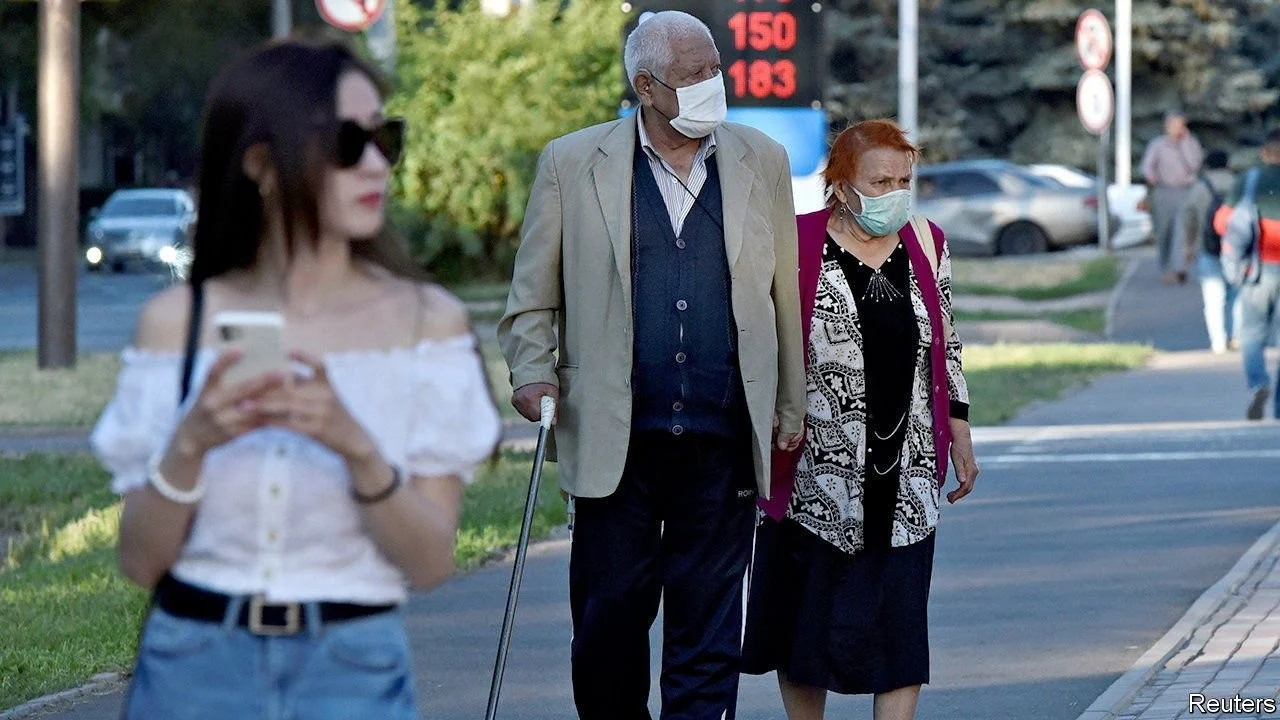
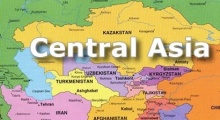
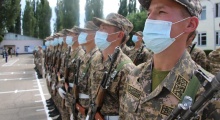

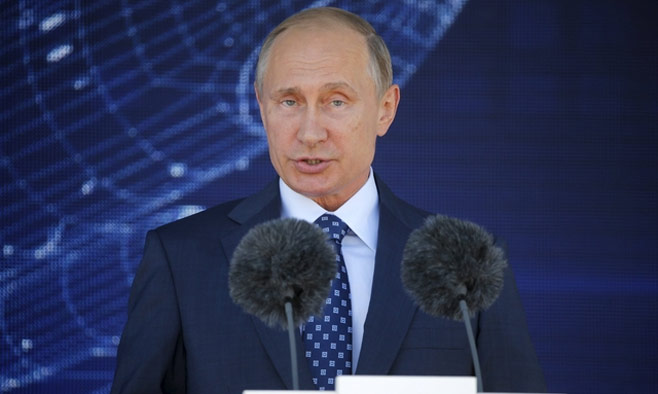 Soon, Muscovites will get to choose the location of an enormous, 24-meter tall monument of Prince Vladimir the Great. They will be able to vote via a smartphone app between three different locations in the capital. Two other options on the ballot, "Experts should decide" and "I don't know," basically mean "Leave it to the authorities." The choice "Don't put it anywhere" is conspicuously absent.
Soon, Muscovites will get to choose the location of an enormous, 24-meter tall monument of Prince Vladimir the Great. They will be able to vote via a smartphone app between three different locations in the capital. Two other options on the ballot, "Experts should decide" and "I don't know," basically mean "Leave it to the authorities." The choice "Don't put it anywhere" is conspicuously absent.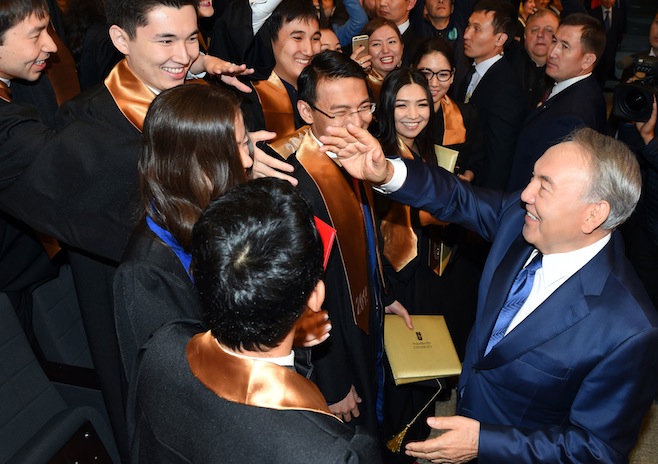 Kazakh President Nursultan Nazarbayev watches a student raise her graduation diploma over her head during the first graduation ceremony at Nazarbayev University in Astana.
Kazakh President Nursultan Nazarbayev watches a student raise her graduation diploma over her head during the first graduation ceremony at Nazarbayev University in Astana.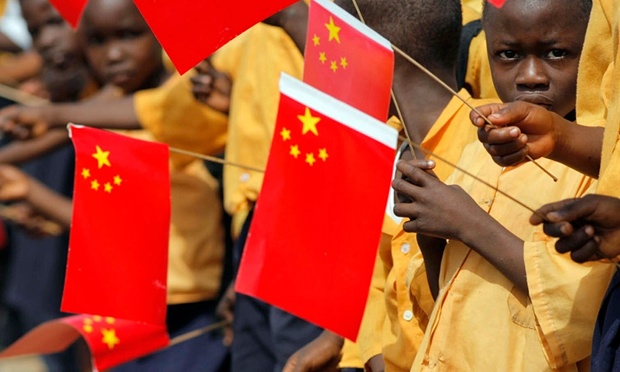 Emerging markets, once the world’s great economic hope, could see the good times end as Beijing falters. We look at which countries are most vulnerable to the 21st century’s next financial crisis
Emerging markets, once the world’s great economic hope, could see the good times end as Beijing falters. We look at which countries are most vulnerable to the 21st century’s next financial crisis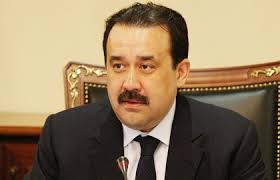 “At the end of the day, most of the oil-producing countries will go into the free floating regime,” including Saudi Arabia and the United Arab Emirates, Karim Massimov said in an interview on Saturday in the capital, Astana. “I do not think that for the next three to five, maybe seven years, the price for commodities will come back to the level that it used to be at in 2014.”
“At the end of the day, most of the oil-producing countries will go into the free floating regime,” including Saudi Arabia and the United Arab Emirates, Karim Massimov said in an interview on Saturday in the capital, Astana. “I do not think that for the next three to five, maybe seven years, the price for commodities will come back to the level that it used to be at in 2014.”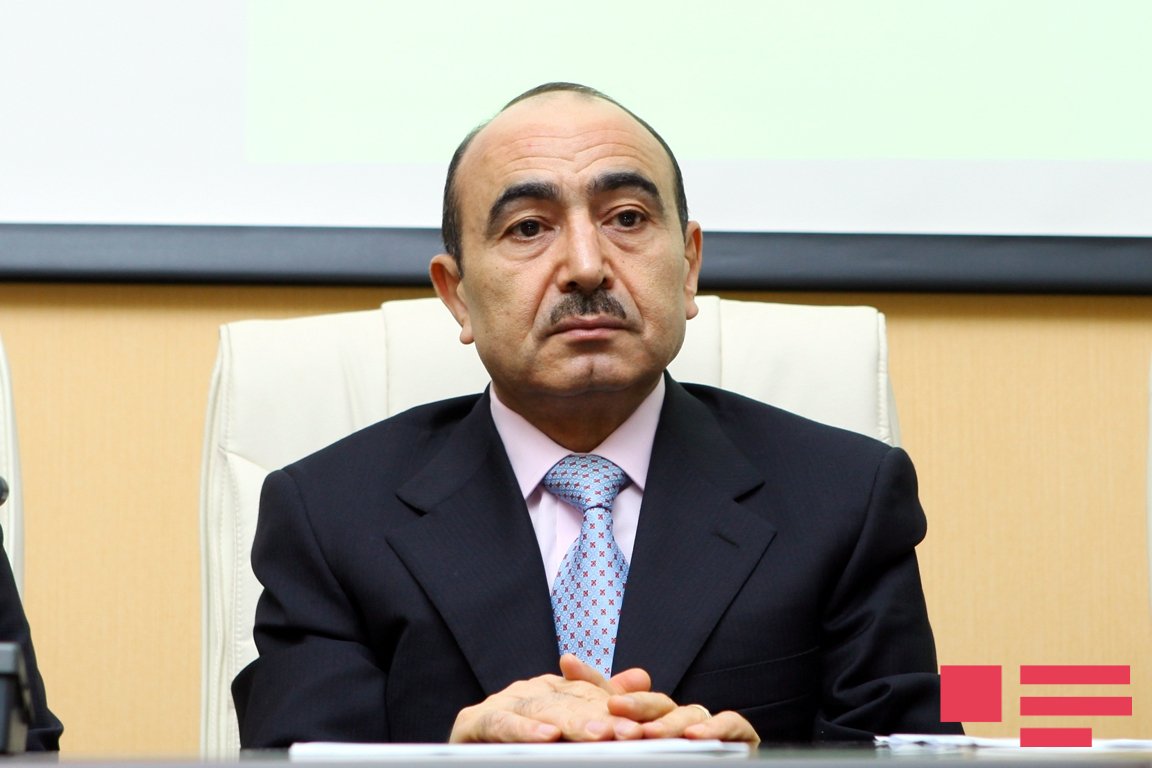 Step aside, CNN, and make room, Al Jazeera: an international news network is coming to break the current "monopoly" on news and promote a Turkic point of view. Media scholars like John Merrill may welcome a diversity of perspectives in the global news flow as a counterbalance to Western news companies and their takes. The caveat is that the latest new channel is a brainchild of four autocracy-prone governments; primarily of Kazakhstan's president-for-life, Nursultan Nazarbayev.
Step aside, CNN, and make room, Al Jazeera: an international news network is coming to break the current "monopoly" on news and promote a Turkic point of view. Media scholars like John Merrill may welcome a diversity of perspectives in the global news flow as a counterbalance to Western news companies and their takes. The caveat is that the latest new channel is a brainchild of four autocracy-prone governments; primarily of Kazakhstan's president-for-life, Nursultan Nazarbayev.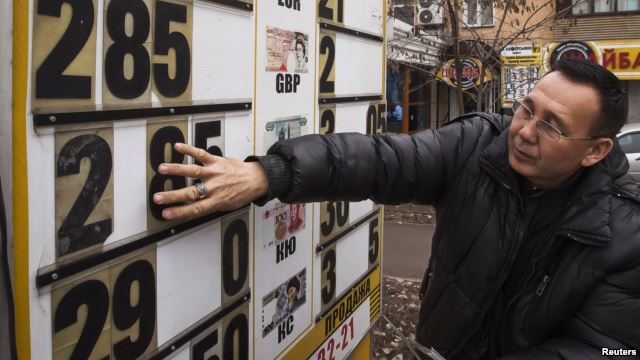 Unlike Russia’s ruble, Kazakhstan’s national currency has for several months managed to hold ground against the dollar, only for it to now slump dramatically and spread alarm of more retreats.
Unlike Russia’s ruble, Kazakhstan’s national currency has for several months managed to hold ground against the dollar, only for it to now slump dramatically and spread alarm of more retreats.


